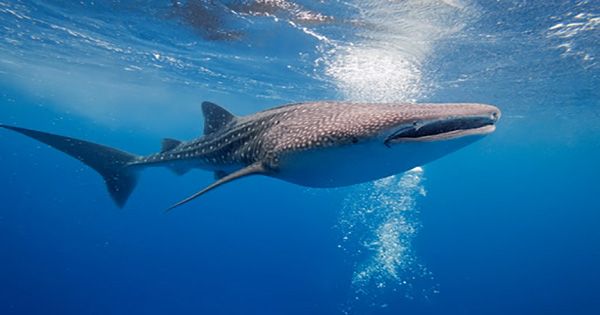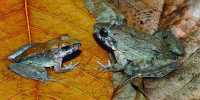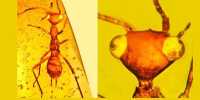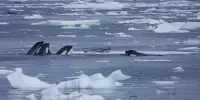Swimming, hunting, and digesting are all demanding activities for sharks, and no doubt exhausting as well, but do sharks sleep? Researchers believe they have discovered the first physiological evidence of sleeping sharks, which is a rarely researched issue. “Investigating sleep in animals is really difficult,” said Mike Kelly, a PhD research fellow at Simon Fraser University’s Circadian Rhythms and Sleep Lab & Translational Neuroscience Lab, and main author of the new work published in Biology Letters.
“Doing it in a salty environment with species that are extremely different from ourselves is even more difficult. Sleep has only been described in representatives from six of the approximately 35 animal phyla that have been identified. That isn’t proof of a lack of sleep, but rather of a lack of research!” Sharks aren’t the only ones whose sleeping habits remain a mystery (though it’s conceivable someone captured a great white resting on tape). It’s been particularly difficult to determine if sharks sleep since they don’t fare well in captivity and typically receive less attention and financing as a result of public perception.
The study included draughtsboard sharks (Cephaloscyllium isabellum). The goal of the study was to discover sleep metabolic signatures and check for sleep signs such as eye closing and laying down (aka postural recumbency). Over the course of 24 hours, they saw the sharks in what seemed to be slumber, as well as peaceful and vigorous swimming. Their findings revealed that a draughtsboard shark’s resting phase was associated with a decreased metabolic rate and a flat body position, confirming the theory that sleep is a strategy for these animals to conserve energy.
Sharks, on the other hand, do not sleep with their eyes closed, at least not when it comes to draughtsboards. While their sleep may not look exactly like ours, their evolutionary position makes the discoveries extremely important for the evolution of sleep in general. “It’s amazing to have a look into the probable origins of sleep in vertebrates,” Kelly added. “Sharks have been swimming in our waters for more than 400 million years, and they haven’t altered much in that time.” They are the world’s oldest living jawed vertebrates (a characteristic humans share).”
“Knowing that they sleep (and maybe how) provides us with a fascinating window into the genesis of sleep.” Animals who sleep with their eyes open also make me smile! […] It’s incredible to come upon something that believable for the first time.” Sleep is usually regarded as a habit that aids energy conservation through prolonged restfulness, and as a result, it is assumed to occur in a wide range of creatures, despite the fact that it has only been experimentally verified in a small number of them. Do other sharks sleep if it works for draughtsboards?
Kelly stated, “I would say it’s quite likely, if not practically definite.” “To put it another way, if we discover that there are sharks out there that do not require sleep, they will be the first animals we have ever discovered who do not require sleep.” As a result, I believe we will eventually discover that all of the creatures we study sleep. “Do they all sleep in the same way?” becomes the next inquiry. Kelly feels that his research has merely “hit the top of the iceberg” and that he and his colleagues will now look at other sharks, such as obligate continuous swimmers such as makos and tiger sharks.















